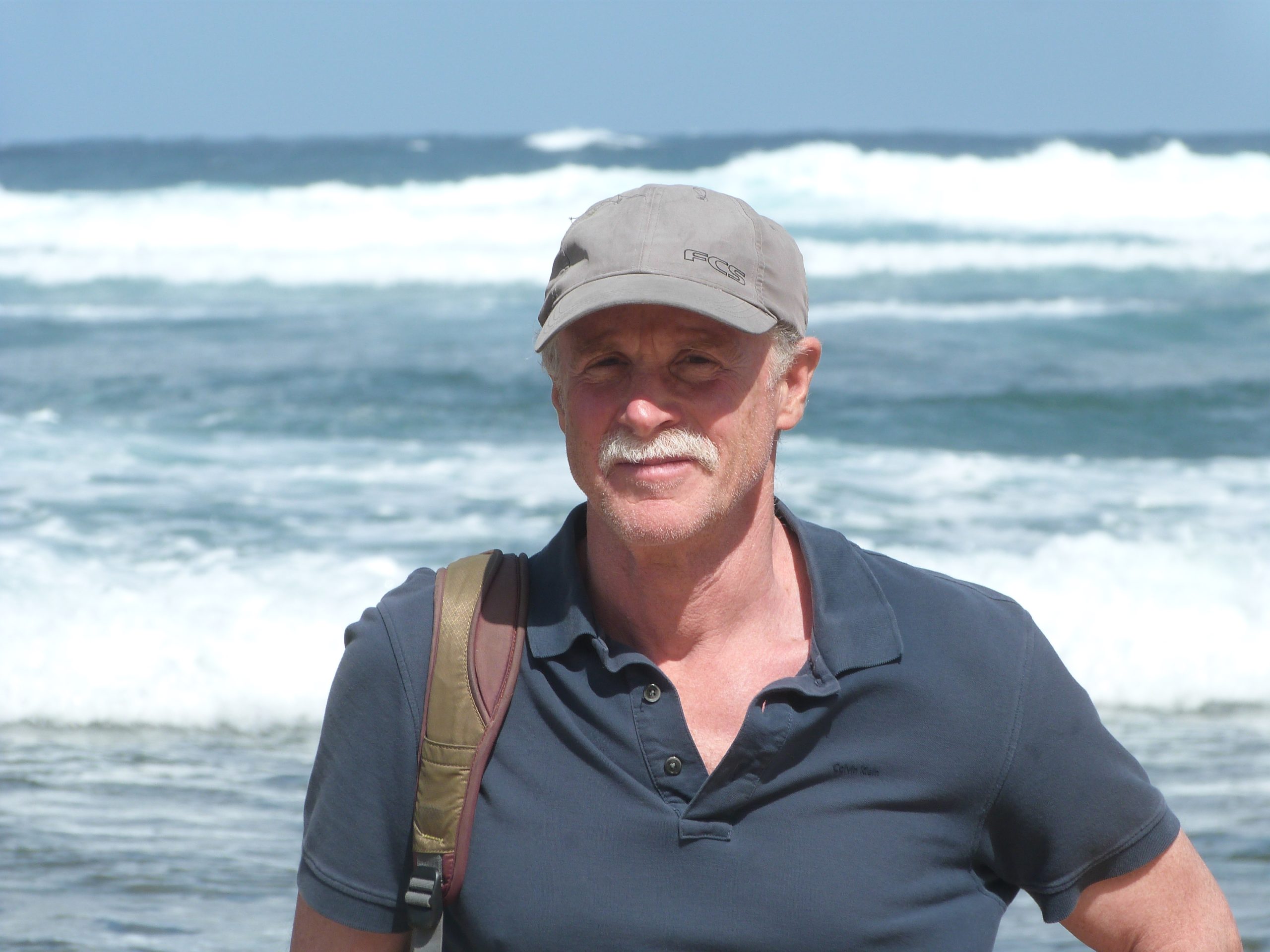
What single concept or skill do you feel is most important for your students to learn, and what is your approach to teaching it?
We try to imbue our grad students with the concept of moving the story forward. So much is locked down in our polarized society—how can we as journalists advance issues beyond the back-and-forth of the media echo machine? We emphasize that approach during every stage of the writing process, from pitch sessions, to reporting, to multiple drafts.
What specific skills-related experiences outside the classroom do you think are most important for students to have in their training?
Nothing can surpass real-world reporting, which is why we emphasize that in our program. It’s important to get out from behind the computer—to meet people and develop stories based on lived experiences and not just what you’ve seen on the Internet.
What have you learned in your own career that you most hope to convey to your students?
The value of curiosity and always asking why. Ours is a question-driven profession, and we encourage our students to instinctively see issues in terms of the broader questions. To take a simple example: Why do so many people deny the evidence of climate change? Is it a blindness to facts, or evidence of something deeper in our society? Similarly, we train our students to question authority. One of my favorite questions when a scientist (or anyone else) makes a claim is, “How do you know that?” People who have evidence won’t bridle at that question; those who don’t will.
What textbooks and other reading do you use in your teaching?
We dip into The Science Writers’ Handbook, by the SciLance group. It gives useful insights into professional practice and into the life of a science writer. Typically, though, I use both scholarly and journalistic articles.
What resources do you wish were more readily available for students?
There’s always a need for scholarship money and better-paid internships. It’s hard enough getting trained to be a science journalist without putting yourself into colossal debt. I’m happy to say that more and more internships have become paid in recent years. I think they all should.
What is a science story that you admire, and why?
Sheri Fink’s 2009 New York Times Magazine article “The Deadly Choices at Memorial,” which later became a book, is among the most powerful pieces of science writing I’ve ever read. Fink investigated the decision by doctors at a New Orleans hospital to euthanize some of their patients following hurricane Katrina—a morally troubling story, to say the least. Each time I reread the piece I marvel at her doggedness and bravery in producing it. I also love Burkhard Bilger’s 2013 New Yorker story on the driverless car, which is a marvelous piece of technology reporting for its access, detail, and wit.


